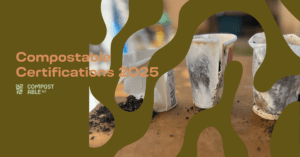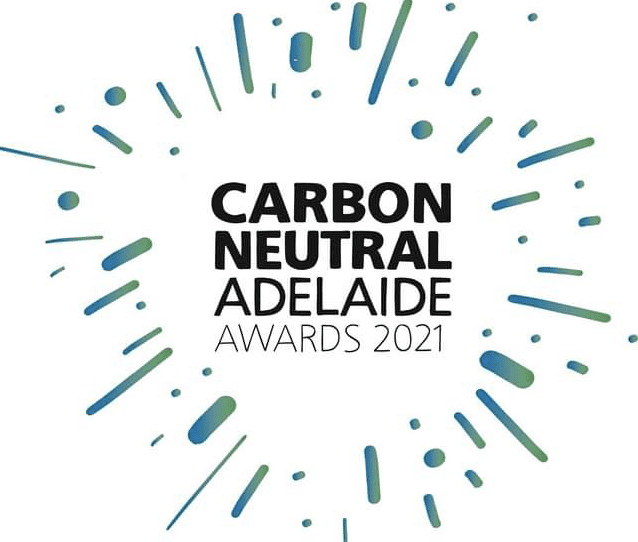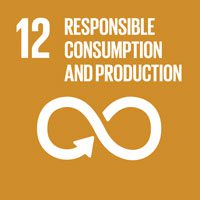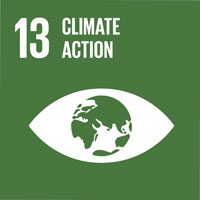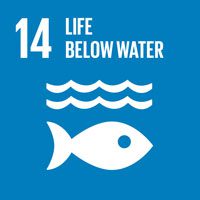We use 5.4 million tonnes of packaging per year, with only 11,000 tonnes certified compostable and and only 1500 tonnes recovered through composting (source: APCO and Packaging News).
Did you know that both commercial and home compostable products are available on the market? Home compostable products are less widely known while commercially compostable products, commonly called “compostable” are more popular on the market. Let’s have a look at the difference:
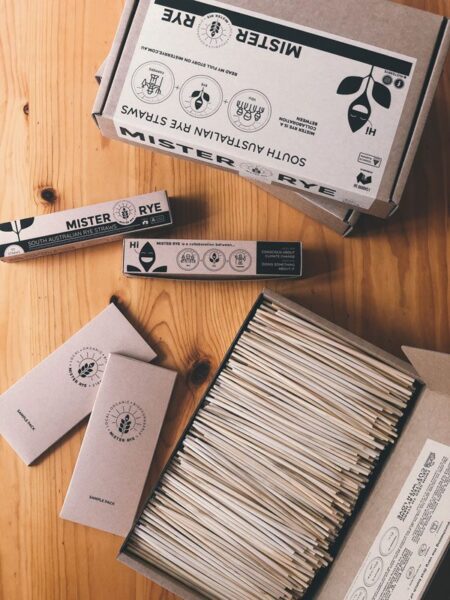
home compostable
According to the ABA (Australasian Bioplastics Association) home compostable products need to disintegrate after 180 days and completely biodegrade after 12 months.
If ending up in a composting facility, it takes as little as 6 weeks according to AORA (Australian Organics Recycling Association).
Home compostable products can be transformed products that have been certified home compostable, just like the ones we offer at Compostable Alternatives.
They can also be raw products like plants with no added materials or transformation. A good example is the Mister RYE Australian rye straws we used to manufacture as a by-product of the grain harvest. Another example are Areca leaf plates.
commercially compostable
Commercially compostable products also break down into compost BUT ONLY when placed in a dedicated composting facility, using intense heat, humidity, moisture to help microbes develop and break the material down.
According to the ABA (Australian Bioplastics Association), a commercially compostable product is required to disintegrate after 12 weeks and completely biodegrade after 6 months.
Commercially compostable products are made of bio-based plastic. In food packaging it often refers to PLA (polylactic acids) extracted from biomass (plants).
These products have become more and more popular in the packaging space in Australia. You can now easily buy compostable coffee cups, clear cups, straws, cling wrap, or food plates and containers from many different packaging companies.
On the product itself, it often mentions claims like “made from plant, not oil”, “Biocup”, “100% compostable”, “biodegradable” or “I am not a plastic cup”.
For more details about commercially compostable products, read our article “Commercial vs Home compostable packaging in Australia: One is still a source of pollution.”

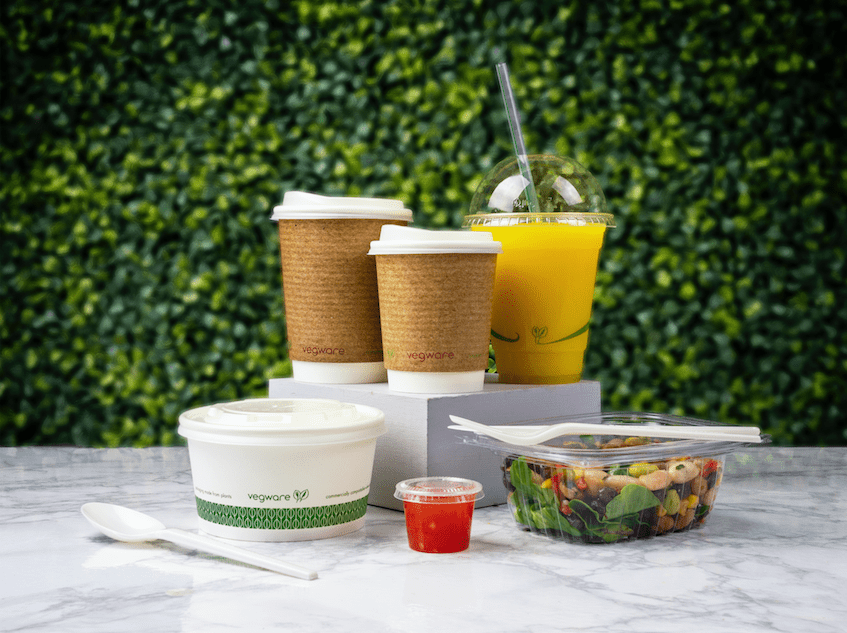
Composting certification for transformed VS raw products
For raw products, such as natural plant material with no transformation, no composting certifications exist to date. That is why Mister RYE couldn’t certify their Australian rye straws that are simply the stem part of the rye plant for example.
For transformed products, two certifications exist that ensure a product is home compostable, commercially compostable, or both.
A certified home compostable product is by default, certified commercially compostable as it holds products to a higher standard for real-world composting.
Certifications are the only way for you, your staff and your customers to distinguish the nature of the material and understand how to properly dispose of it.
Download our free guide to better understand Compostable Certifications for Takeaway Food and Drink Packaging below.

Where to dispose of these two types of compostable products
Products certified commercially compostable can only go in the dedicated FOGO bin (Food Organics Garden Organics) accepting compostable packaging*, along with food waste and green waste. This is the only way they will be processed into compost via a composting facility.
But wait: not all FOGO (Food Organics Garden Organics) bins accept compostable packaging.
In 2022, it was estimated about 20% of Australians currently have access to a full FOGO (Food Organics Garden Organics) collection service and 13% could dispose of their compostable packaging.
However since the NSW EPA has banned compostable packaging from being disposed of in the FOGO (Food Organics Garden Organics) green bin, only 8% of Australians (in 43 councils) can properly dispose of commercially compostable packaging in their residential FOGO (Food Organics Garden Organics) compost collections in Australia in 2024.
You can check if your council accept compostable packaging as part of their FOGO (Food Organics Garden Organics) green bin here.
what happens to commercially compostable packaging then?
If a commercially compostable packaging does not end up in a FOGO (Food Organics Garden Organics) green bin, they can be a danger to our environment (e.g waterway, ocean, parks), a source of contamination to other waste streams (e.g recycling, soft plastic) and a new source of pollution.
The thing is, it can be difficult to do the right thing – not every state or region even have commercial composting facilities, making it virtually impossible to dispose of these products safely.
Unlike the kerbside recycling collection that 91% of the Australian population has access to (the popular yellow bin!), composting facilities are still to be developed. Although there are 150 composting facilities in Australia, not all of them are able to process food waste, let alone compostable packaging.
This 2018 map shows in dark green the few places where compostable packaging could potentially be commercially composted in Australia. While most only accept garden waste, food waste will be the next focus before compostable packaging can be considered.
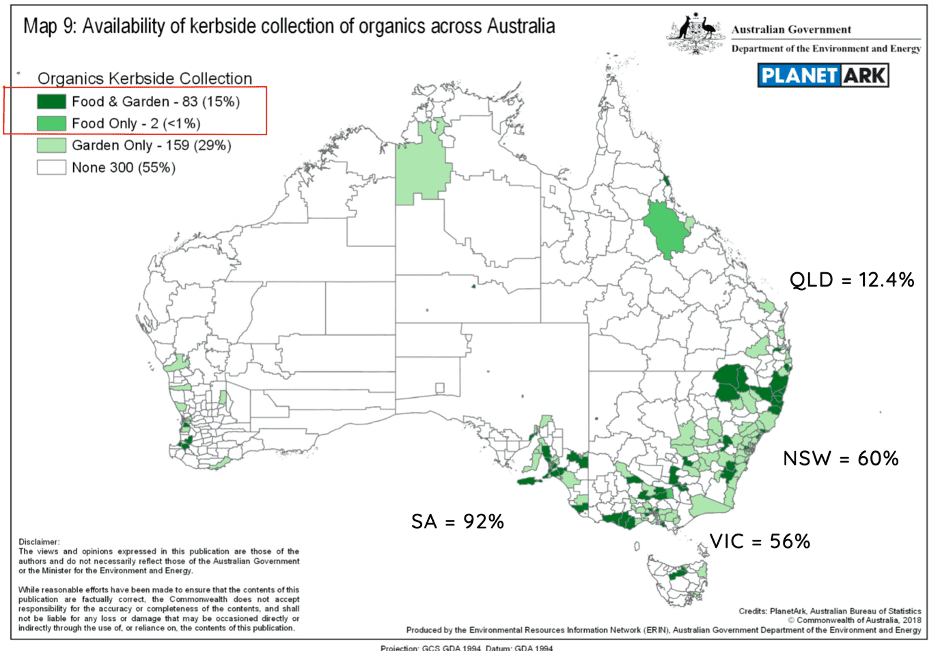
On the other hand, home compostable products can be placed in your own home compost with your food and garden waste, in your garden, and of course in your FOGO (Food Organics Garden Organics) bin if accepted. They will break down into compost anywhere there is micro-organisms and oxygen. No need for a commercial composting facility.
The packaging industry and marketing spin
Proper packaging labelling is not mandatory in Australia. So while some of us are trying to do the right thing, unfortunately, not many brands and products provide detailed information on their products’ compostability.
A lot of products are not certified and mention vague claims of compostability. You will often see the word “compostable” but rarely “home compostable” or “commercially compostable” along with instructions on how to dispose of it properly. Hopefully this will change soon but it really shows a big gap in the regulations and, as a result, a lot of customers feeling confused.
I did notice that, to acquire more customers, some brands were not afraid to include “compostable” on their packaging as a marketing claim, without providing any information on how their product is actually compostable.
greenwashing in compostable packaging
These strategies, misinformation or lack of transparency can sometimes be seen as greenwashing. Marketing strategies tend to highlight compostability to make you feel good about doing the right thing. This can be very dangerous for our environment. Without a proper explanation or official certifications, this is only creating more confusion for hospitality business owners like yourself, but also for your consumers who might not know where to dispose of them correctly (or think they will naturally break down in landfill….ugh!).
A commercially compostable coffee cup that unintentionally enters the environment or ends up in the wrong waste stream behave in exactly the same way as a traditional plastic cup. It will not compost and its lining will decompose into micro-sized pieces in our environment. You can read more about this topic in this article.
In short, the word “compostable” by itself, with no explanation or certification, does not mean anything. We live in a world where brands do not always have the best intentions for our environment and where marketing, especially on packaging, plays a big role. To lower your impact on the environment, always think through the whole supply chain, from production to disposal, beyond what you can read on the packaging. Most importantly, always do your own research.
About the author:
Marion is a French Australian entrepreneur, profoundly interested in the composting industry. Her words are her own thoughts and come from her research and learning. Although she quotes and sources the information she shares, Marion is not a scientist or a researcher and her opinions should not be understood as a scientific truth.
Through her findings and experience in the industry, she is attempting to support hospitality businesses and producers in their search of alternative choices to single-use and other types of plastic packaging. You should always do your own research to best inform yourself.
Did you find this article useful? Share this article with your community




